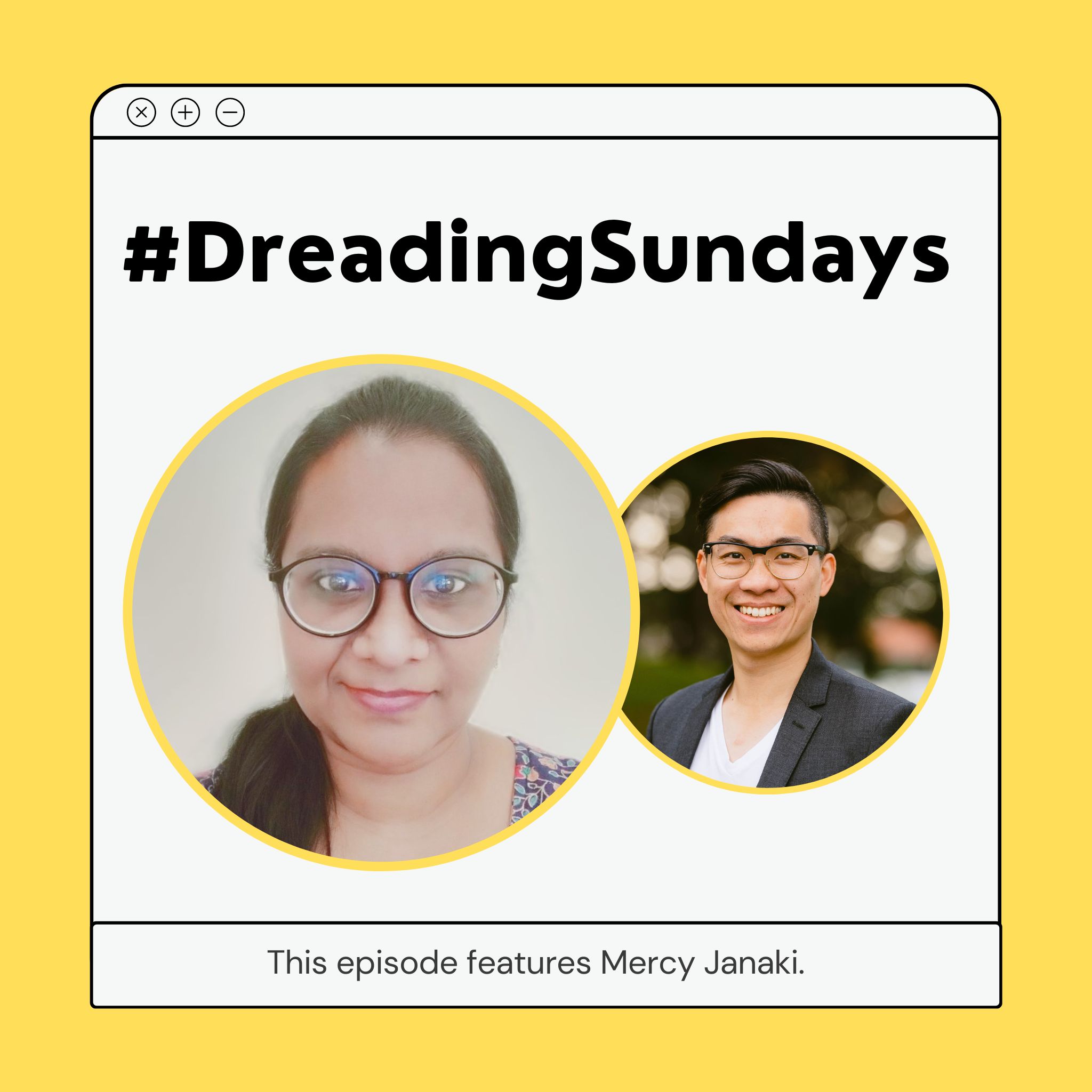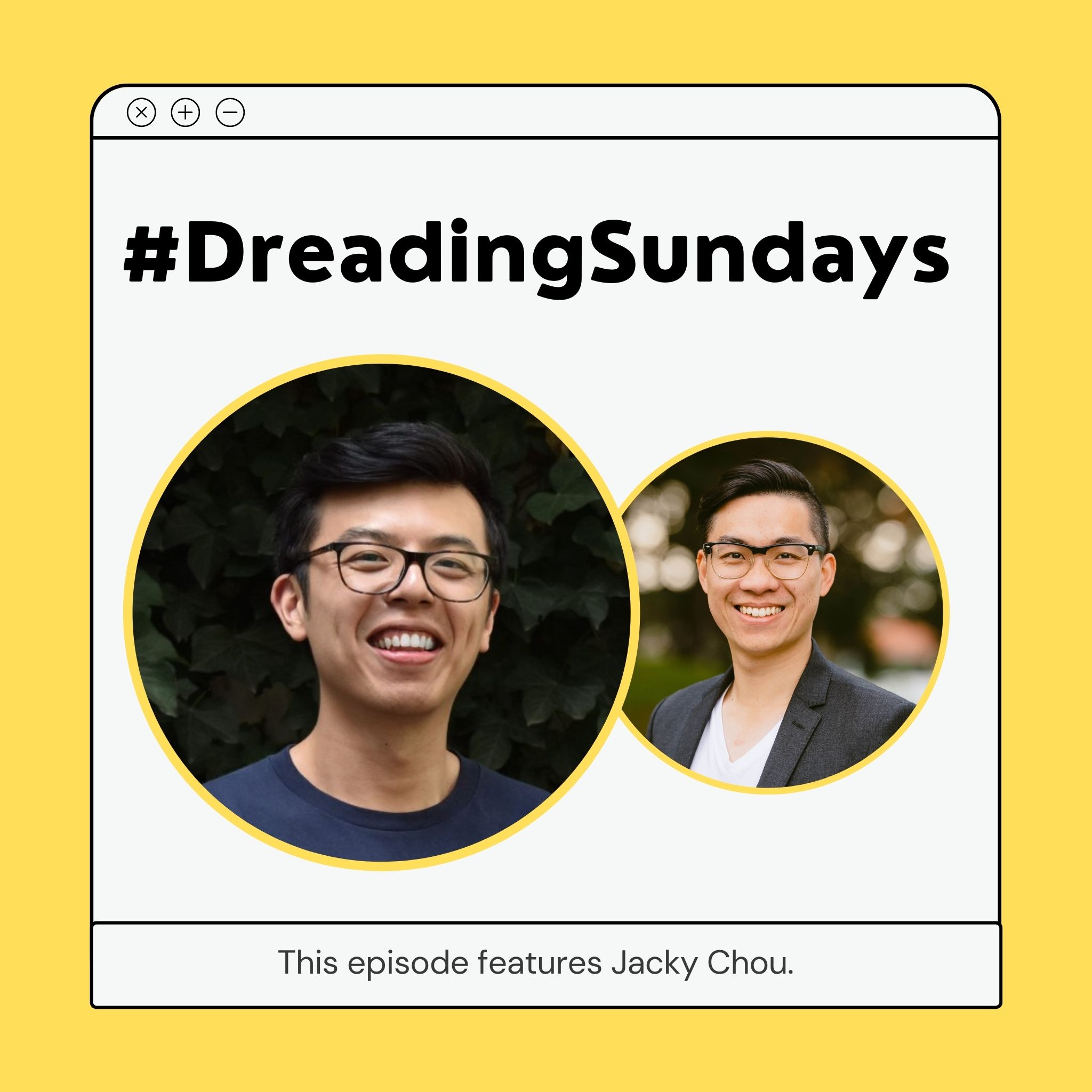Kevin is a well-known and highly regarded SEO industry thought leader. With names such as Atlassian, G2 and Shopify in his resume, you can tell Kevin is highly accomplished in both the practice of SEO and working within large organisations.
With plenty of hiring experience, I ask Kevin in this episode of Dreading Sundays to share what he looks for in a candidate.
Interesting things about Kevin.
- born and raised in Germany
- he earned his chops early in an agency environment serving enterprise clients
- his role at Shopify saw him lead a team of 25 SEOs
- yet he still loves going down rabbit holes
The difference between European and US SEO practice.
Given Kevin was born and raised in Germany and has worked and lived across the pond, he offers his unique insights as the difference between how SEO is carried in Europe and in the United States.
“Europeans tend to be more critical of things. Over in the US, people are a bit more optimistic about things.”
In his experience, Europeans tend to be more technical and analytical whereas in the US, SEOs tend to be more on the content marketing side. For example, many SEOs in Germany are proficient in programming language.
“It sounds like a judgement but it really is not. It’s just two different ways to approach the same topic.”
Job titles can matter and it very much depends on the organisation.
Kevin reflects on his various job titles acknowledging they are constructs and there is very little consistency between organisations and agencies.
“I once called myself a SEO ninja ..” – Kevin admits.
He was VP-level at G2 (a peer-to-peer review site) before moving to a Director role – which technically is a step down the corporate ladder.
But compared to G2, Shopify is 50x larger so it was a very different environment and this ultimately impacted on the job title offered.
“Job titles can open doors.”
Individual contributor vs managerial role and Kevin’s viewpoint on the management crisis that organisations are facing.
As Head of SEO at Shopify, Kevin had 25 SEOs as direct reports. This illustrates his ability to be a leader.
Kevin admits he still loves getting into the data and seeing things for himself. Thus when I asked me which track he preferred (i.e., being an individual contributor or being a leader), he was conflicted because he has strengths in both and he clearly enjoys both.
“Up unto the early 2000s, holding a managerial role was the pinnacle of business. It was the biggest honour to be a manager in a business.”
“What I’ve observed is that most people hate being a manager. I’ve seen people who report to me take a management role and step back because they don’t feel fulfilled having a full calendar of back-to-back meetings and direct reports.”
“These days, some of the most successful people in SEO have decided to back to an individual contributor.”
“Management is incredibly exhausting and draining.”
Understand that when applying for a job, there is a job to be done.
Kevin shares what he looks for when interviewing a job applicant.
“The most important thing I look for is can this person do the job?”
“That’s the number one thing. And can they do it well?”
The biggest thing he looks for is impact.
Specifically, when looking at your CV/resume:
- have they done this before?
- do they really know what they’re talking about?
What this means for you as a job applicant is speaking about the results of the things you have done. For example, when you performed a site migration, what steps did you take to ensure a smooth as possible transition?
“If you have worked on something challenging, you tend to remember.”
Back to his site migration analogy, Kevin offers the following approach for job applicants:
“I’ve done X site migrations in my career and the biggest challenges were XYZ. This is how I overcame them. These are the different stakeholder who were involved. These were the things I noticed ..”
As a hiring manager, Kevin is looking for someone who has (a) done the work, and (b) does the candidate fulfil his needs for the job to be done.
Once you can communicate this effectively (read: practice!), then work on your soft skills to demonstrate your curiosity and collaborative ability.
How to prepare for a SEO job interview.
Based on my own experience, I asked Kevin how job candidates can prepare for an interview.
“I recommend everyone in their career to create a Dropbox or Google Drive of work wins.”
“It can be a nice Slack message or it can be the results of a project you shipped.”
The goal of having a success folder is so that you can come back to these and tell relevant and meaningful stories during your interview. More importantly, these are anchor points for you to demonstrate how you have solved similar challenges, what you learned, and the results of it.
This is very similar advice to what previous #DreadingSundays guests Sam Torres and Mercy Janaki have said and it makes sense.
Kevin further adds:
- do research to understand where the hiring organisation is going
- understand where SEO fits in with an organisation’s business model
- look at annual reports if it is a public company
- ask the recruiter what they’re looking for
- what does success look like?
- what are the requirements?
- for your own understanding of the role:
- was there a previous person in the role and what were they like?
- who will you be reporting to?
- what are the dynamics there?
Use the job interview to interview the company and your hiring manager.
Kevin understands that interviewing for a job can be an anxious experience. As someone who has been a hiring manager many times, he recommends making a personal connection with your hiring manager. It can be as simple as a hello, a handshake, or finding common ground to have a two-way dialogue.
If you’re currently in the market for a remote role, Remoters is a free platform to find job opportunities.
Connect with Kevin.
- subscribe to his own podcast series ‘Tech Bound’
- engage with Kevin on Twitter
- get access to his insights he shares on his newsletter ‘Growth Memo’
You may also like:
Don’t miss out when new episodes are released.
Subscribe to Dreading Sundays via:


